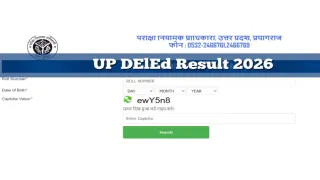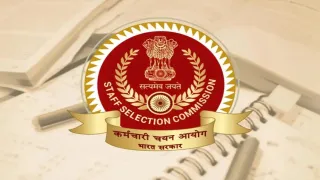In response to the tragic terrorist attack in the Pahalgam region of Jammu and Kashmir that claimed the lives of 28 people on Tuesday, India has taken a series of stern measures against Pakistan. Holding Pakistan responsible for the assault, the Indian government convened a high-level Cabinet Committee on Security (CCS) meeting chaired by Prime Minister Narendra Modi on Wednesday. In this meeting, five major decisions were made that mark a significant shift in India’s approach to bilateral relations with Pakistan.
The Five Key Decisions Announced by the Government
1. Suspension of the Indus Water Treaty
One of the most historic decisions taken was the immediate suspension of the 65-year-old Indus Water Treaty signed in 1960. This agreement had governed the sharing of water from six rivers between the two countries. Under the pact, India enjoyed rights over Ravi, Beas, and Sutlej, while Pakistan utilized the waters of Indus, Jhelum, and Chenab. Despite several conflicts and wars, India had continued to honor this treaty until now.
2. Closure of the Attari Check Post
The second major move involved shutting down the Attari check post, a key transit point for goods and limited people-to-people exchanges between the two nations. While formal bilateral trade has long been suspended, the closure will halt small-scale commercial activities and people movement, affecting traders on both sides of the border.
3. End of Visa Facilities Under SAARC Framework for Pakistanis
The government has decided to revoke the special visa privileges extended to Pakistani citizens under the SAARC (South Asian Association for Regional Cooperation) scheme. This measure will impact those who previously used familial ties to travel between the countries and is viewed as a symbolic gesture of India’s firm stance.
4. Expulsion of Pakistani Military Advisors from Delhi
Defense, naval, and air force advisors stationed at the Pakistani High Commission in New Delhi have been declared persona non grata. They are allowed a week to leave India. This action will disrupt ongoing military-level diplomatic engagements and is intended to send a strong political message.
5. Withdrawal of Indian Advisors from Islamabad
In a reciprocal move, India is recalling its military and defense advisors posted in Islamabad. This step signals a near-complete halt to diplomatic and military backchannel communications between the two governments, further deteriorating bilateral ties.
Why the Suspension of the Indus Treaty Is a Game-Changer
The decision to suspend the Indus Water Treaty marks a major escalation. Despite multiple wars and ongoing tensions, India had continued to respect the agreement for over six decades. The sudden revocation is expected to severely impact Pakistan’s economy. The waterways of the Indus, Jhelum, and Chenab are essential to Pakistani agriculture in about 80% of cases. In addition to irrigation, these rivers also power several hydroelectric projects in Pakistan. Any disruption could lead to water shortages and decreased electricity production, worsening the country’s already fragile economic condition.
Also Read: No PSL on Indian Platforms, Fancode, Possible11, Dream11, and cricbuzz
Impact of Closing the Attari Post
While bilateral trade is already restricted, the closure of the Attari check post will halt the movement of small consignments and goods that still passed through informally. This will significantly affect local traders who depended on these exchanges, leading to financial losses and economic strain, particularly in border areas.
Tightening Visa Norms and Diplomatic Isolation
By halting visa issuance for Pakistani nationals and planning the deportation of remaining Pakistani citizens in India, the government is aiming to sever all social and familial exchanges. The decision underscores India's resolve to isolate Pakistan diplomatically and socially in the aftermath of repeated terrorist provocations.
Diplomatic Fallout from the High Commission Shake-Up
The mutual expulsion of defense and military advisors and reduction in diplomatic staff marks a sharp decline in formal communication channels between India and Pakistan. These actions not only isolate Pakistan diplomatically but also signify a freeze in military-level interactions, which could have long-term implications for regional stability.
Also Read: IPL RCB vs RR: Virat Kohli Stats & Records Against RR























